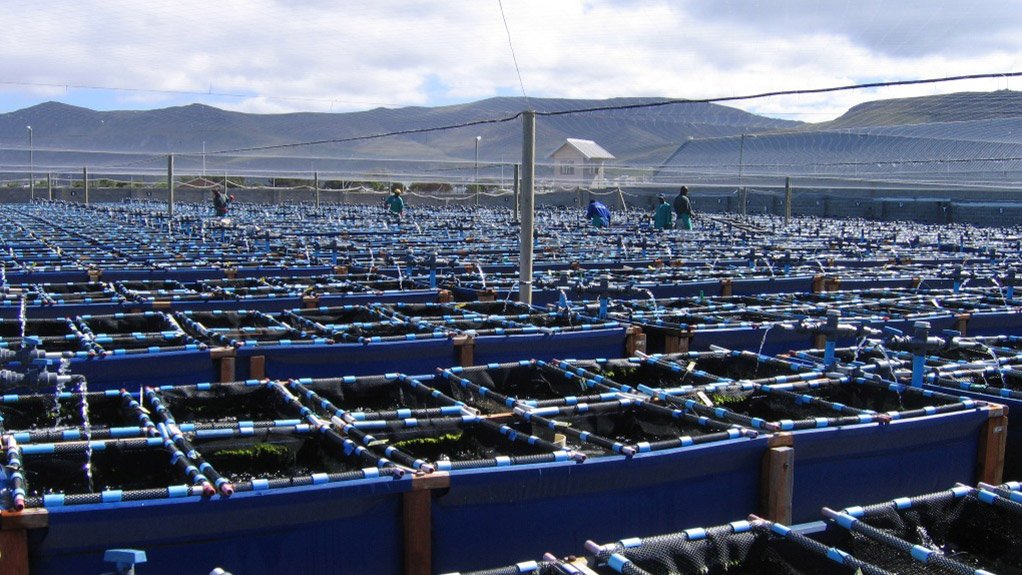As a result of the growing global interest in the concept of the blue economy and the use of oceans to unlock potential, South Africa is developing a blue economy strategy, the Department of Environmental Affairs (DEA) said last week.
As part of this process, government, through the DEA, other relevant government departments and public entities, had analysed the economic opportunities for South Africa and the region, identifying a number of key areas such as aquaculture, marine transport and offshore oil and gas exploration as crucial in growing the country’s economy.
“The [blue economy] strategy will enable government to sustainably harness the abundant resources of the ocean and coastal domain,” the DEA said.
Speaking at the Abidjan Convention’s eleventh conference of the parties, held in Cape Town from March 17 to 21, Water and Environmental Affairs Minister Edna Molewa said “pioneering” work was being undertaken to develop environmental standards for offshore exploration and exploitation activities of mining and mineral resources in the region.
She also urged the Abidjan Convention member States to embrace the concept of the blue economy.
“We, as the parties to the convention, as well as our partners, need to examine how we should embrace the concept of the blue economy. Our oceans and coasts must be seen for the potential [they] have to grow the prosperity of our nations and wellbeing of our people,” Molewa stated.
She also referred to the African Union (AU) Summit’s enthusiasm and support for the exploration of the continent’s blue economy.
“At the AU Summit held in Addis Ababa in January, the heads of State formally acknowledged that Africa’s oceans are essential to the sustainable development of the continent and that they should play a critical role in shaping Africa’s common position on the post-2015 development agenda and the formulation of the sustainable development goals.
“This should be seen in the context of Africa’s own long-term sustainable development aspirations, as encapsulated in the Agenda 2063,” Molewa said.
The Abidjan Convention covered the marine environment, coastal zones and related inland waters within the jurisdiction of the States in West, Central and Southern Africa, from Mauritania to South Africa, which had become contracting parties to the convention.
EMAIL THIS ARTICLE SAVE THIS ARTICLE
To subscribe email subscriptions@creamermedia.co.za or click here
To advertise email advertising@creamermedia.co.za or click here











